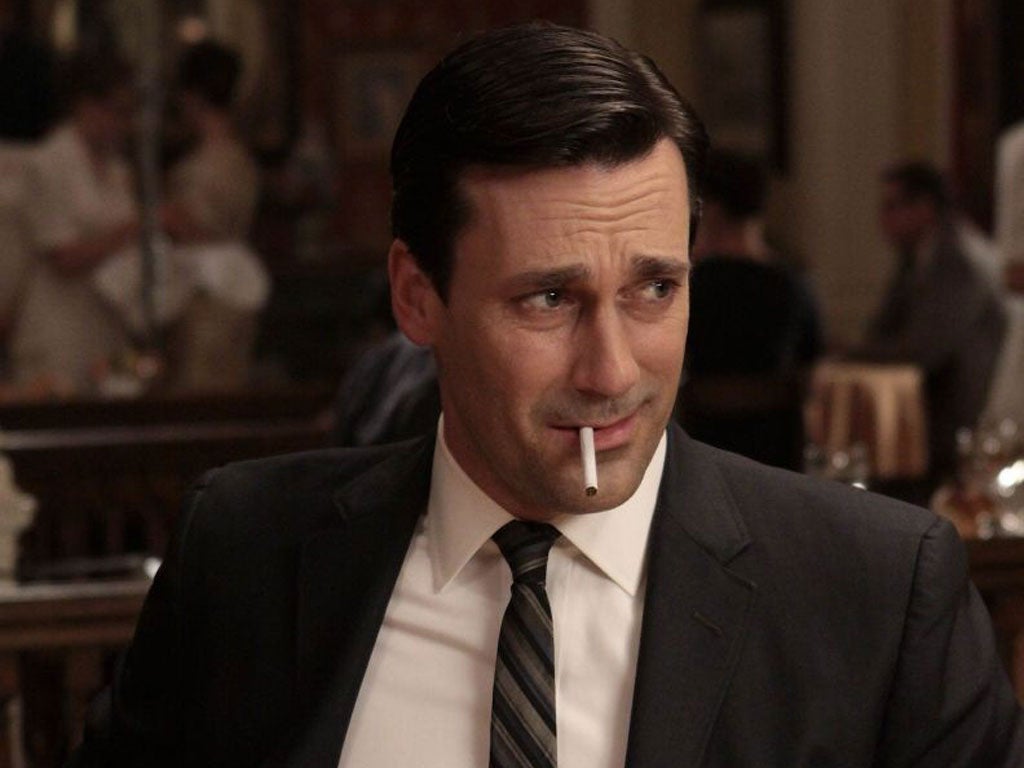Sshhhhhh! Don't tell anyone. It's a secret
Has there has ever been a tougher time to keep schtum, asks Simon Usborne

Your support helps us to tell the story
From reproductive rights to climate change to Big Tech, The Independent is on the ground when the story is developing. Whether it's investigating the financials of Elon Musk's pro-Trump PAC or producing our latest documentary, 'The A Word', which shines a light on the American women fighting for reproductive rights, we know how important it is to parse out the facts from the messaging.
At such a critical moment in US history, we need reporters on the ground. Your donation allows us to keep sending journalists to speak to both sides of the story.
The Independent is trusted by Americans across the entire political spectrum. And unlike many other quality news outlets, we choose not to lock Americans out of our reporting and analysis with paywalls. We believe quality journalism should be available to everyone, paid for by those who can afford it.
Your support makes all the difference.This newspaper cannot reveal, even if it wanted to, anything about the Olympics opening ceremony on Friday because in a rare plea by an artist, Danny Boyle – the brains behind the show – has asked 60,000 people who watched a dress rehearsal to "save the surprise" for the hundreds of millions of people who will watch on television.
The Slumdog Millionaire and Trainspotting director had already shared part of his plan for the £27m ceremony (the Olympic Stadium has been transformed into a vision of a rural England complete with real sheep) but he has asked spectators and performers to keep everything else a secret.
He does so at time when breaking a secret has never been easier – and escaping "spoilers" has never been harder. Any one of the Olympic guinea pigs could have broadcast key details or images to an unlimited audience via phones and social networks. But they didn't, because it would be nicer for us all if they sat on their hands.
Journalists are often asked to keep secrets, and prison can await those who don't if they risk prejudicing a jury (media lawyers were kept particularly busy yesterday when Rebekah Brooks appeared on a list of people the Crown Prosecuting Service plans to charge for phone-hacking).
All of Fleet Street knew that Prince Harry was serving in Afghanistan in 2008, but editors agreed to protect his security. In all such cases, the internet has become the enemy of the secret. When New Idea, a weekly Australian women's magazine, broke the Harry embargo (unwittingly, it claimed) the popular US-based Drudge Report website picked up the story and triggered a global media storm.
Wikipedia was criticised in The Independent on Sunday in 2010 by Agatha Christie's grandson for breaking a 60-year tradition of silence by revealing the ending of The Mousetrap. Audiences are still asked to keep the ending secret after the play, which starts a UK anniversary tour in September.
In the age of iPlayer and the boxset, "spoilers" have become a big threat in the arts. We used to watch TV together, discovering who shot JR and talking about it the next day. Plot twists were news and could be reported without fear of ruining it for the rest of us. Now would-be fans of The Wire can take years to catch up – and don't want to know when [redacted] gets shot, thank you very much. As television becomes more international, broken secrets travel further. Mad Men fans in the UK must wear blinkers for a few days as they wait for episodes to be broadcast here – then earmuffs in the office if they miss a show and want to catch up on iPlayer.
In film, reviewers agree not to reveal what happens in The Dark Knight Rises, but bloggers and tweeters delight in operating as cultural WikiLeakers. In the US, New York magazine's Vulture blog reacted to repeated criticism by fans with a playful "Official Vulture Statutes of Limitations on Pop-Culture Spoilers". Spoilers in reality TV are fine (who catches up on Big Brother?). But, it goes on, we must wait a day before sharing TV drama spoilers, two days for films and a month for plays. For Olympic opening ceremonies? We say never.
We used to watch TV together, discovering who shot JR and talking about it the next day. Plot twists were news and could be reported without fear of ruining it for the rest of us
The internet makes it easy to find out plots of shows like 'Mad Men', above; the ending of 'The Mousetrap', left, was revealed; but critics protected the plot of the new Batman, inset
Join our commenting forum
Join thought-provoking conversations, follow other Independent readers and see their replies
Comments